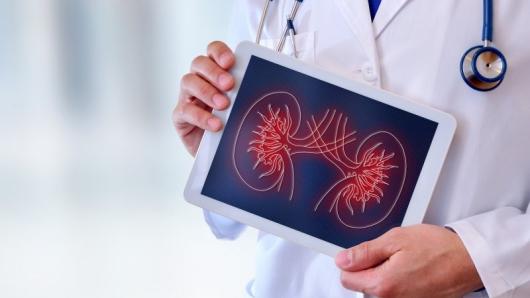What you'll learn
Apply a general approach to identifying, diagnosing and managing patients with Long COVID symptoms in the primary care setting, including, but not limited to respiratory, cardiovascular, and behavioral health and psychiatric manifestations, among others.
Differentiate, order, and interpret appropriate diagnostic tests and initiation of therapies in the primary care setting and what diagnostics can be completed prior to referral to specialist.
Apply principles of the "Trauma Informed Approach" (and others) to partner with patients in the diagnosis and co-management of Long COVID.
Identify targeted actions to promote and enhance patient-engagement and empowerment in the management of Long COVID, including considerations for vulnerable patient groups, including patients with disabilities, substance use disorder and those who are immunocompromised.
Course description
How often do long-term symptoms and conditions present following a COVID infection? According to literature, 5% to 80%. That wide variation highlights the evolving understanding of these conditions. In fact, “Post-COVID Conditions” is an umbrella term for the wide range of physical and mental health consequences of infection making it difficult to diagnose and treat. Join us for this course as we share the most up-to-date research and clinical data on long COVID, so that you, the primary care provider, can:
- Learn long COVID presentations – Post-COVID conditions are heterogeneous (different underlying pathophysiologic processes) leading to varied presentations. We’ll walk through best practices for the patient visit to uncover presentations of long COVID.
- Better diagnose the condition – Factors that complicate the physical presentation of long COVID can make diagnosis challenging. This can include physical deconditioning at baseline or after a prolonged acute disease course, pre-COVID comorbidities (underlying medical conditions), and lifestyle changes due to the COVID-19 pandemic.
- Implement the latest management approaches – Approaches will vary based on the individual patient’s needs, but many post-COVID conditions can be managed by primary care providers with the incorporation of patient-centered approaches. We will cover special considerations for vulnerable patient groups, including patients with disabilities, substance use disorder and those who are immunocompromised.
Primary care providers (course participants) can also participate in a forum to share their own experiences. Harvard Medical School primary care and specialist faculty will facilitate this course utilizing interactive virtual lectures and small-group case-based discussions.
This accredited course is offered by the Center for Primary Care at Harvard Medical School. This course is targeted to physicians, nurse practitioners and physician assistants.
Contact ceprograms@hms.harvard.edu with questions.




